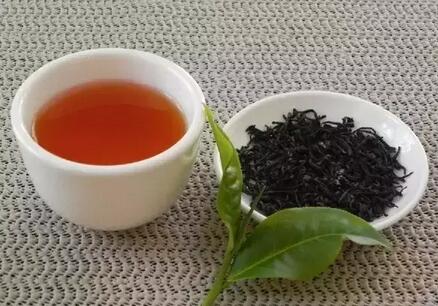As the weather gets colder, many people warm up with a hot cup of tea, but is it really good to drink tea when it's too hot? Let's take a look...
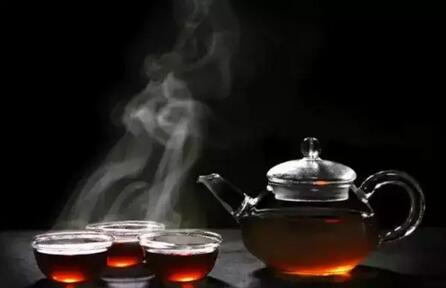
In September 2011, the renowned British journal British Medical Journal published a study titled "Drinking Tea Above 69°C Increases the Risk of Esophageal Cancer." This report caused a significant stir in Europe, where black tea is widely consumed. Researchers conducted a questionnaire survey among 48,582 residents to analyze the relationship between drinking hot tea and esophageal squamous cell carcinoma. Among the 300 esophageal cancer patients identified, most admitted to regularly drinking black tea. However, the study found that the risk of cancer was not linked to the quantity of tea consumed but rather to its temperature. The results showed: those who drank tea at 70°C or higher had an 8 times greater risk of esophageal cancer compared to those who drank cooler tea; those who drank tea between 65-69°C had twice the risk of those who drank tea below 65°C; and drinking tea steeped for less than 2 minutes carried a 5 times higher risk than tea steeped for over 4 minutes.
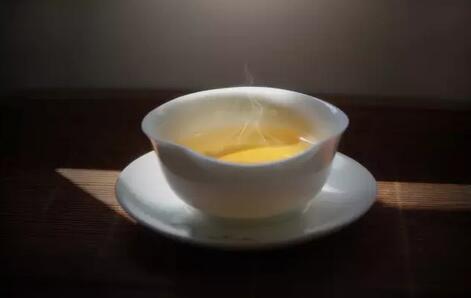
The key factor in determining the ideal tea temperature is not the temperature itself but the tolerance of the esophagus and stomach lining. Medical experts explain that the outermost layer of the esophagus is composed of mucosa, a delicate membrane made of epithelial and connective tissues that secretes mucus and serves as the body's first line of immune defense. However, it is highly sensitive and can only withstand temperatures between 50-60°C. Freshly brewed tea, which can reach 80-90°C, can easily scald this delicate tissue.
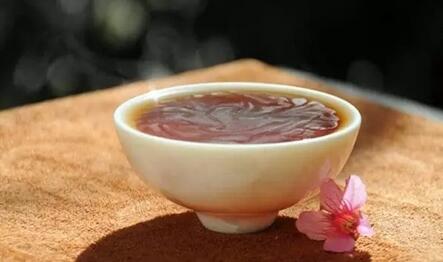
Traditional Chinese medicine suggests that the best temperature for drinking tea is "warm"—neither too hot nor too cold, as it is gentle on the body. Additionally, according to TCM principles, the same cup of tea can have vastly different health effects depending on its temperature. Drinking cold tea may counteract its heat-clearing and phlegm-reducing benefits, while hot tea temporarily invigorates the mind but can be harsh on the body. Warm tea, however, helps balance internal heat and promotes natural detoxification through urination.
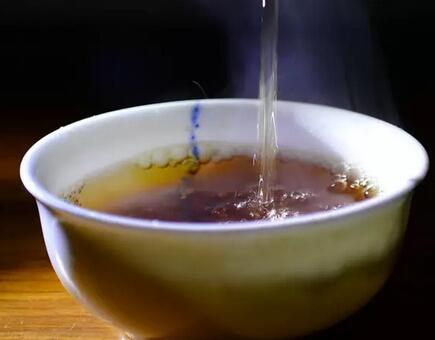
Based on this analysis, and considering individual differences, there may not be a single "perfect" temperature for drinking tea. However, one thing is clear: tea is best enjoyed warm, ideally after letting it steep for at least four minutes. While savoring the flavor of tea, it's important to consider the tolerance of the esophageal lining and opt for warm tea to protect your health.
